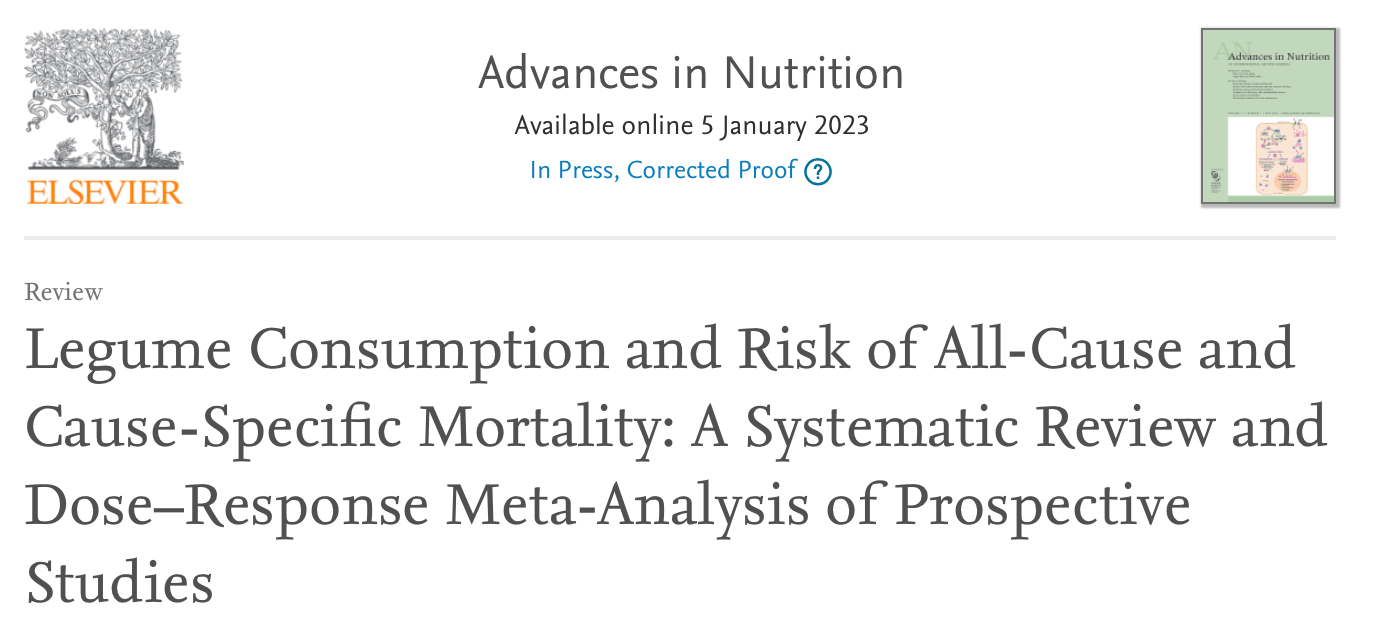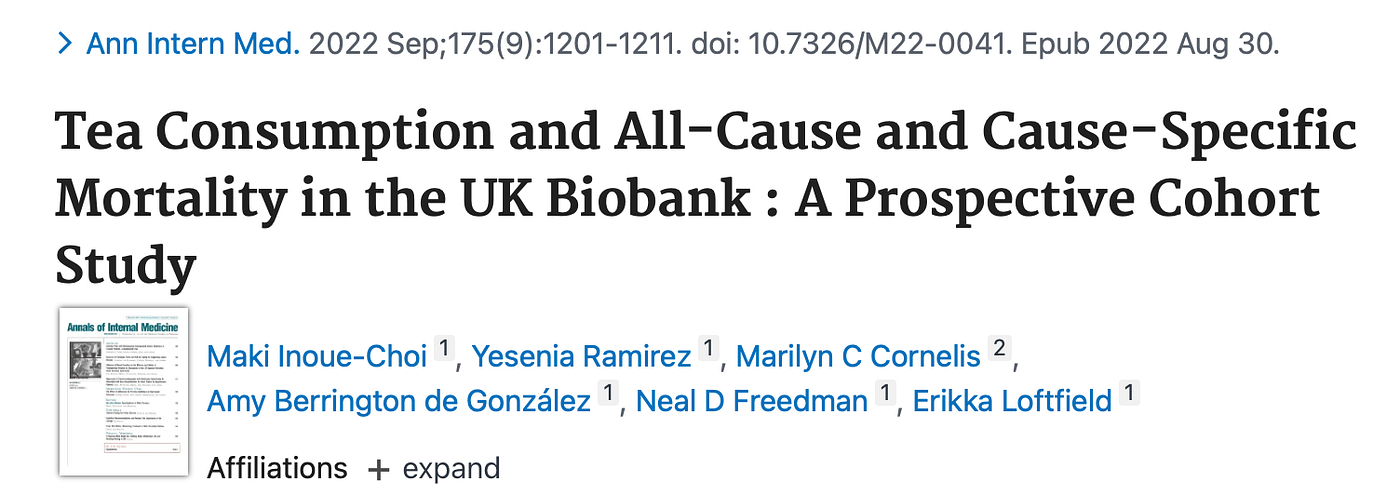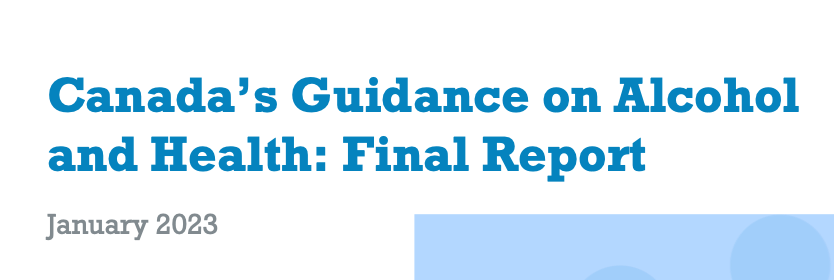A review of the week’s plant-based nutrition news 22nd January 2023
This week I focus on diet patterns and foods that promote longevity. No surprises, it’s all the healthy plant foods.
This week the Time Health Commission reports on the rising level of chronic ill health in the UK. Not only is this negatively impacting quality of life, but is rapidly becoming unaffordable for a health service and economy that are both near or at breaking point. A third of middle aged adults have at least two chronic health conditions. On average we are spending the last decade of our lives in ill health, and for people with lower incomes this can be as long as 20 years. The commission rightly recognises the huge contribution that unhealthy diets and lifestyles are making to this national health crisis. The symptoms of this crisis are the rising rates of obesity and type 2 diabetes in both children and adults, but the report clearly states that ‘diet, a lack of physical activity, smoking and alcohol account for around 80 per cent of non-communicable diseases’. Attention has been drawn to the lifestyle habits of the longest lived populations through a new Channel 4 documentary ‘How to live to 100’, which investigates the lives of people living in the Blue Zones. Well worth a watch
So what type of diet is going to support healthier and longer lives? My readers will not be surprised with the findings.

WHAT DO ALL HEALTHY DIET PATTERNS SHARE IN COMMON? To kick the new year this paper provides guidance on what defines a healthy diet pattern. The study analysed health data collected over 36 years from 75,230 women participating in the Nurses’ Health Study and 44,085 men in the Health Professionals Follow-up Study. All participants were free of cardiovascular disease or cancer at the beginning of the study and completed dietary questionnaires every four years. Dietary data was scored based on each of the four dietary pattern indexes (Healthy Eating Index 2015, Alternate Mediterranean Diet, Healthful Plant-based Diet Index, and Alternate Healthy Eating Index). All share key components including high consumption of whole grains, fruit, vegetables, nuts, and legumes. They differ on the emphasis placed on the inclusion of fish, dairy and lean meats.
Scoring highly on any of the four dietary indices was associated with a lower risk of premature death from all causes, and from cardiovascular disease (CVD), cancer, and respiratory disease. Higher scores on the Alternate Mediterranean Diet and the Alternate Healthy Eating Index were also associated with lower risk of death from neurogenerative disease. The results were consistent for non-Hispanic white, non-Hispanic Black, and Hispanic people. Overall the magnitude of effect of one of these healthy diet patterns was a reduction in early death of around 20%.
The authors conclude that their results support ‘long-term health benefits by adherence to various healthy eating patterns that can be adopted based on individuals’ health needs, food preferences, and cultural traditions, although all these diet patterns encourage high consumption of healthy plant-based foods’.

LEGUME CONSUMPTION AND LONGEVITY: Legumes are a key food group in a plant-based diet and rightly so. They are a corner stone of the diets in all the five Blue Zones, regions around the world where people live the longest and healthiest lives. Legumes or pulses are classified as beans, peas, and soyabeans and have a unique nutrient profile, being high in healthy protein, dietary fibre, B vitamins, magnesium, potassium, a variety of beneficial phytonutrients, in addition to having a low glycaemic index.
This new systematic review and meta-analysis of 32 cohorts, included over 1.1 million participants. It investigated with impact of legume consumption on mortality. The results showed that higher consumption when compared to lower consumption was associated with a 6% lower risk of death from all causes and 9% lower risk of dying from stroke. There was no association with CVD, coronary heart disease, or cancer mortality. In the dose-response analysis, each 50g serving per day was associated with a 6% reduction in risk of dying from all causes. The analysis also suggests that some these positive finding may be due to the cholesterol-lowering properties of legumes as the results were no longer significant after adjusting for cholesterol levels.
The authors conclude ‘This meta-analysis is of importance for public health globally, as increased consumption of legumes is likely to be cost-effective and bring health benefits over time’.
Of note, in most of the studies included the participants could not really be classed as consuming ‘high’ amounts of legumes. High was defined is different ways but in general was less than a portion a day and in some studies only a few portions a week. We know from the Global Nutrition Report that no region of the world is meeting recommendations for legume consumption with an average consumption of only 25.9g/day.

PHYTO-OESTROGENS AND LONGEVITY: There is often unnecessary confusion when it comes to phyto-oestrogens in the diet. These are compounds with weak oestrogen-like activity that are found in a wide variety of plant foods, including soya products, flaxseed, and whole grains. Once again, we don’t consume nearly enough of these phyto-oestrogen-rich foods, yet we still seem to fear them. In fact, foods rich in these compounds have been associated with a number of health benefits.
This new report is an analysis from the Nurses’ Health Study and Health Professionals Follow-up Study, which included nearly 200,000 men and women followed for 34 years. The results showed that higher intakes of phyto-oestrogens including isoflavones, lignans and coumarins were associated with a lower risk of mortality from all causes, cardiovascular disease, and other causes, but was less clearly associated with cancer mortality. Intakes of tofu, soya milk, whole grains, and tea were associated with lower mortality from all causes, cardiovascular disease, cancer and other causes. Intakes of flaxseed and flaxseed oil were mainly associated with lower all-cause mortality. In general, there was a dose-response such that the higher the intake the greater the benefits seen.
There are a number of potential mechanisms that may explain the benefits founds. These include the ability of phyto-oestrogens to reduce inflammation and oxidative stress, improve endothelial function, support DNA repair, improve lipid levels and metabolism and benefit the health health of the gut microbiome.

TEA IS A HEALTHY ADDITION TO THE DIET: Tea is a commonly consumed drink globally. In the UK most tea consumed is black tea. This study set out to investigate the health impact of tea consumption and whether these effects were due to the caffeine content or not.
The study included almost 500,000 participants from the UK biobank study followed for 11.2 years. Most of the participants were habitual consumers of tea, with 90% consuming black tea. 19% of participants drank 6 or more cups per day. The results showed that consuming 2 or more cups of tea per day was associated with a modest reduction in risk of death from all causes, including among participants who reported adding milk or sugar to tea. Higher tea intake was associated with lower mortality from overall CVD, ischemic heart disease and stroke. The reduction in risk was around 10–12%. Similar associations for tea drinking were seen among participants who had both lower and higher genetic capacities for caffeine metabolism. This finding suggests that caffeine does not underlie the observed relationship between tea and mortality.
A similar analysis from this same cohort found that regular coffee consumption was associated with a reduction in mortality including among those drinking 8 or more cups per day and those with genetic polymorphisms indicating slower or faster caffeine metabolism. Thus once again, it does not seem to be the caffeine that is responsible for the benefits seen. A benefit was observed from 1 cup of coffee per day or more.
From the available data, we can be reassured that consuming tea and coffee, in both caffeinated and decaffeinated forms can be a healthy addition to the diet. The benefits seen are likely due to the high polyphenol content of these drinks.

PLANT-BASED FOODS INCREASE LIFE EXPECTANCY: There is often a debate over whether a ‘healthy animal-based’ diet is as good for health as a plant-based diet. This study set out to answer that question by investigating the impact of the quality of plant-based versus animal foods on mortality in the prospective National Health and Nutrition Examination Survey (1999-2014), which included 36, 825 adults. The researchers developed a new Comprehensive Diet Quality Index (cDQI) that assessed the quality of 17 foods based on the healthfulness, and separately scored the quality of 11 plant-based foods in a plant-based Diet Quality Index (pDQI) and 6 animal foods in an animal-based Diet Quality index (aDQI). Healthy plant-based foods were whole grains, vegetables excluding white potatoes, whole fruits, nuts/seeds/legumes, vegetable oils, and coffee/tea. ‘Healthy’ animal foods were fish/seafood, dairy, and poultry. Unhealthy plant-based were refined grains, fruit juices, sugar-sweetened beverages, and sweets/desserts and unhealthy animal foods were processed meats, unprocessed red meats, and eggs.
During the 8.3 years of follow up, the results showed that consuming a high quality diet composed of whole foods in general was associated with a reduced risk of early death. However, this benefit was shown to be specifically due to the consumption of healthy plant-foods and supposed ‘healthy’ animal foods did not independently reduce the risk of death. Overall, higher adherence to a healthy plant-based dietary pattern was associated with a 34% reduction in risk of death.
The authors conclusions could not be clearer, ‘Our results suggest that eating better-quality plant-based foods is associated with a lower risk of all-cause mortality among US adults. Conversely, the quality of animal foods does not independently contribute to mortality. Findings support the current dietary recommendations that promote high-quality plant-based diet for chronic disease prevention.’

THERE IS NO SAFE LEVEL OF ALCOHOL: Very pleased to finally see that Canada is leading the way by updating their alcohol guidelines to reflect the science. There is no safe limit when it comes to health. Zero is the optimum level of consumption. The guidance clarifies that even small amounts of alcohol consumption can be harmful and that avoiding alcohol is likely to have health benefits. However, consuming 1–2 drinks per week is unlikely to causes significant harm. More than 2 drinks per week increase the risk of cancer, heart disease and stroke. Let’s hope that other countries follow Canada’s example.
I recently summarised the consensus on alcohol and health in this article.
Please follow my organisation ‘plant-based health professionals UK’ on Instagram @plantbasedhealthprofessionals and facebook. You can support our work by joining as a member or making a donation via the website.
